There are many different Linux distributions (also called “distros”) available, each with its own unique features and target audience. It’s difficult to say which version of Linux is “top” as it depends on your needs and preferences.
Linux is a free and open-source operating system that was created in 1991 by Linus Torvalds. It is based on the Unix operating system but has been developed and distributed independently of Unix.
Linux is a popular choice for operating systems, particularly for servers, because it is stable, reliable, and can be easily customized to meet the needs of a particular system or network. It is also a popular choice for personal computers because it is free to download and use and because there is a large community of users and developers who contribute to its development and support.
Linux is not a single operating system, but rather a family of operating systems that are based on the Linux kernel, which is the core part of the operating system. There are many different versions of Linux, known as “Linux distributions,” that are customized for different purposes and users. Some of the most popular distributions include Ubuntu, Debian, Fedora, CentOS, and Red Hat Enterprise Linux distributions. In this article, we are going to discuss some of the main Linux distributions that are at the top of the list.
Ubuntu
Ubuntu is a popular and user-friendly Linux distribution that is based on the Debian operating system. It is known for its ease of use, regular updates, and strong community support. Some of the features of Ubuntu include:
- A graphical user interface (GUI) that makes it easy to use and navigate
- A wide range of pre-installed software, including web browsers, productivity tools, and media players
- Regular updates to keep the system secure and up-to-date
- A large and active community of users and developers who contribute to the development of the operating system
Ubuntu is a good choice for beginners and experienced users alike and is suitable for a wide range of purposes, including personal use, education, and business.
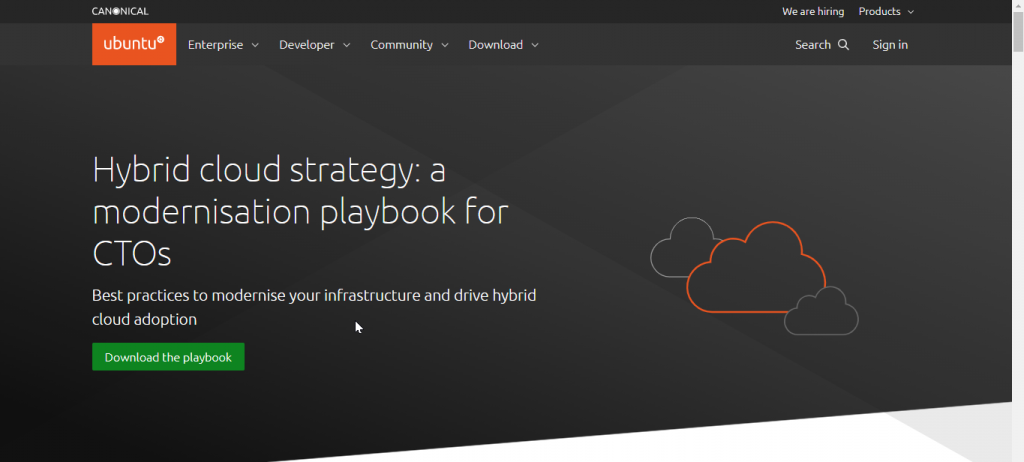
Ubuntu versions
Ubuntu is a free and open-source operating system based on the Debian Linux distribution. It is designed for desktop and server use and is available in a number of different versions:
- Ubuntu Desktop: This version is designed for use on personal computers and includes a graphical user interface (GUI) based on the GNOME desktop environment.
- Ubuntu Server: This version is designed for use on servers and does not include a GUI. It is optimized for use in a command-line environment and is often used in cloud computing and other environments where a GUI is not required.
- Ubuntu Core: This version is a stripped-down version of Ubuntu that is designed for use in Internet of Things (IoT) devices and other embedded systems.
- Ubuntu Kylin: This version is a version of Ubuntu that has been customized for use in China and includes support for the Chinese language and other features that are specific to the Chinese market.
- Ubuntu Budgie: This version is a community-driven version of Ubuntu that uses the Budgie desktop environment, which is designed to be simple and easy to use.
Ubuntu is released on a regular schedule, with new versions typically coming out every six months. Each version is given a code name that consists of an adjective and an animal, such as “Focal Fossa” (20.04) or “Groovy Gorilla” (20.10).
CentOS
CentOS (Community Enterprise Operating System) is a Linux distribution that is based on Red Hat Enterprise Linux (RHEL). It is known for its stability, reliability, and long-term support. CentOS is often used in enterprise environments and is supported by a large and active community of users and developers. Some of the features of CentOS include:
- A stable and reliable operating system that is well-suited for mission-critical environments
- Long-term support for each major release, with updates and security patches provided for up to 10 years
- A wide range of pre-installed software, including web servers, database servers, and development tools
- A large and active community of users and developers who contribute to the development of the operating system
CentOS is a good choice for users who need a stable and reliable operating system for their business or enterprise. It is also suitable for developers who need a consistent platform for testing and deployment.
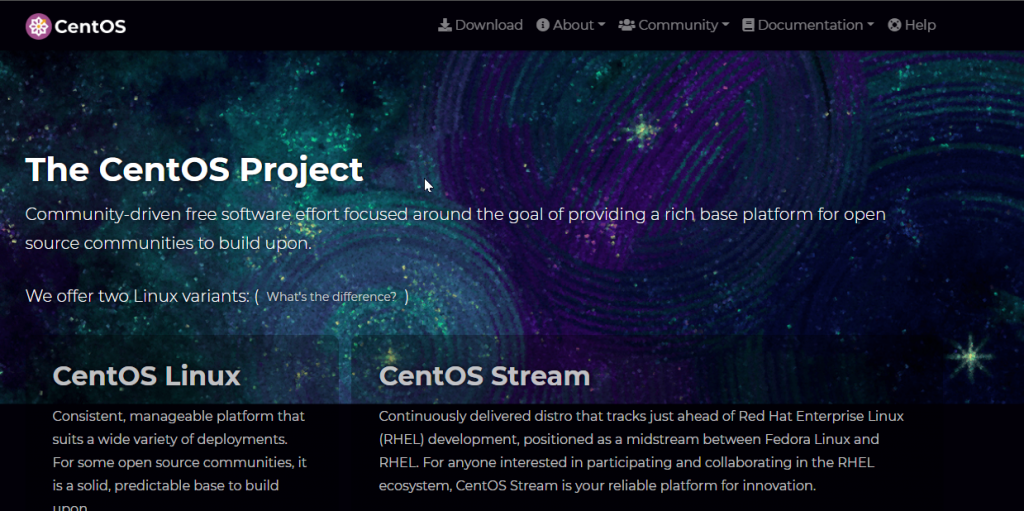
Fedora
Fedora is a Linux distribution that is sponsored by Red Hat and is known for its focus on innovation and new technologies. It is a popular choice for developers and power users who want to try out the latest software and features. Some of the features of Fedora include:
- A wide range of pre-installed software, including web browsers, productivity tools, and development tools
- A focus on the latest technologies and innovations, with new releases every six months
- A large and active community of users and developers who contribute to the development of the operating system
- Strong support for open-source software and standards
Fedora is a good choice for users who want to stay up-to-date with the latest technologies and innovations. It is also suitable for developers who want a stable and reliable platform for testing and deployment.
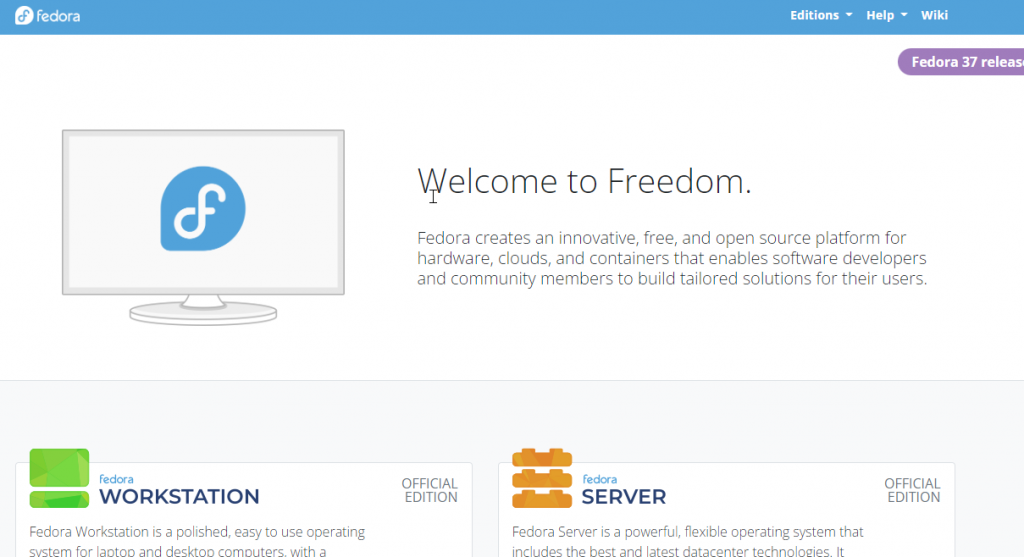
Linux Mint
Linux Mint is a popular and user-friendly Linux distribution that is based on Ubuntu. It is designed to be easy to use and customize, and is suitable for a wide range of purposes, including personal use, education, and business. Some of the features of Linux Mint include:
- A graphical user interface (GUI) that is easy to use and navigate
- A wide range of pre-installed software, including web browsers, productivity tools, and media players
- A large number of customization options, including themes, desktop environments, and software packages
- A large and active community of users and developers who contribute to the development of the operating system
Linux Mint is a good choice for users who want an easy-to-use and customizable operating system. It is also suitable for developers who want a stable and reliable platform for testing and deployment.
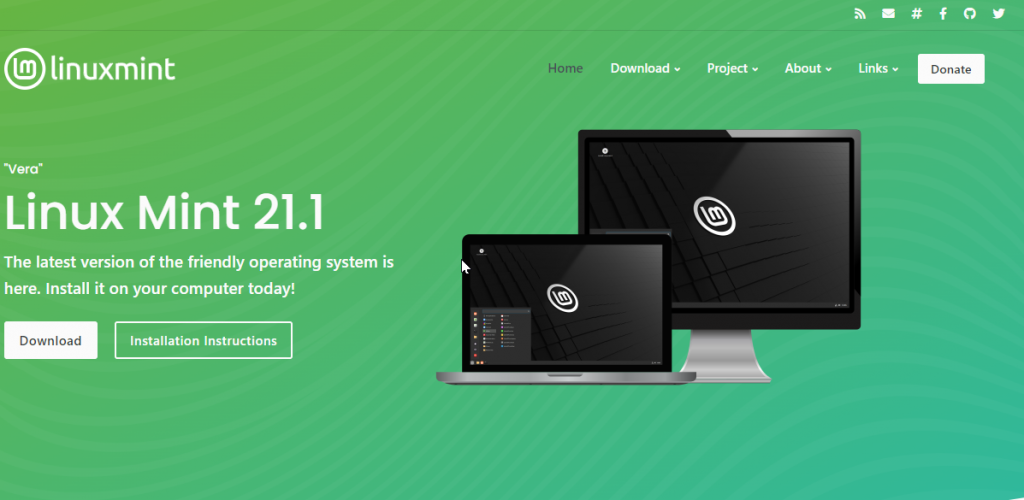
Manjaro
Manjaro is a Linux distribution that is based on Arch Linux. It is known for its user-friendliness and wide range of customization options. Manjaro is suitable for a wide range of purposes, including personal use, education, and business. Some of the features of Manjaro include:
- A graphical user interface (GUI) that is easy to use and navigate
- A wide range of pre-installed software, including web browsers, productivity tools, and media players
- A large number of customization options, including themes, desktop environments, and software packages
- A rolling release model means that updates are continuously provided and there is no need to perform a full system upgrade
- A large and active community of users and developers who contribute to the development of the operating system
Manjaro is a good choice for users who want an easy-to-use and customizable operating system that is based on Arch Linux. It is also suitable for developers who want a stable and reliable platform for testing and deployment.
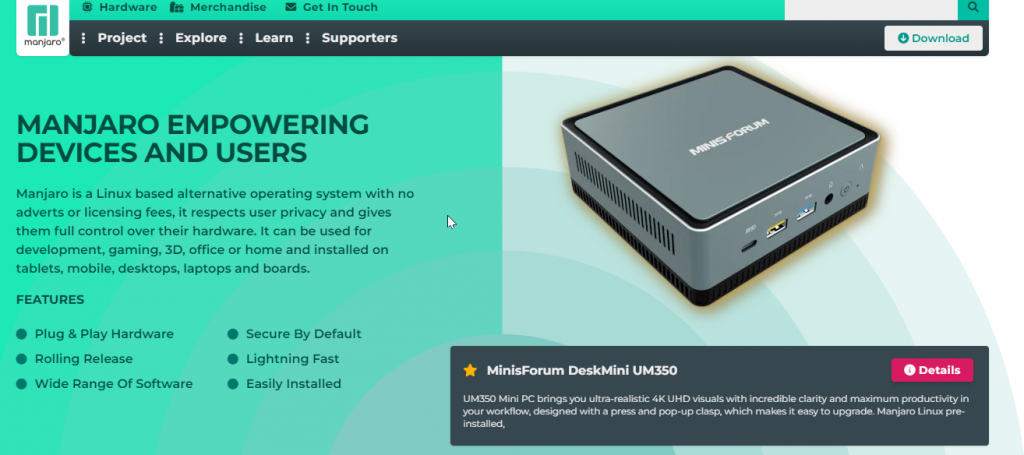
AlmaLinux
AlmaLinux is a Linux distribution that is based on Red Hat Enterprise Linux (RHEL). It is designed to be a drop-in replacement for RHEL and is intended to provide a stable and reliable operating system for businesses and enterprises. Some of the features of AlmaLinux include:
- Compatibility with RHEL, with the ability to run the same software and applications
- A stable and reliable operating system that is well-suited for mission-critical environments
- Long-term support for each major release, with updates and security patches provided for up to 10 years
- A wide range of pre-installed software, including web servers, database servers, and development tools
- A large and active community of users and developers who contribute to the development of the operating system
AlmaLinux is a good choice for users who want a stable and reliable operating system that is based on RHEL and is compatible with a wide range of software and applications. It is particularly well-suited for businesses and enterprises that need a robust and dependable platform for their operations.
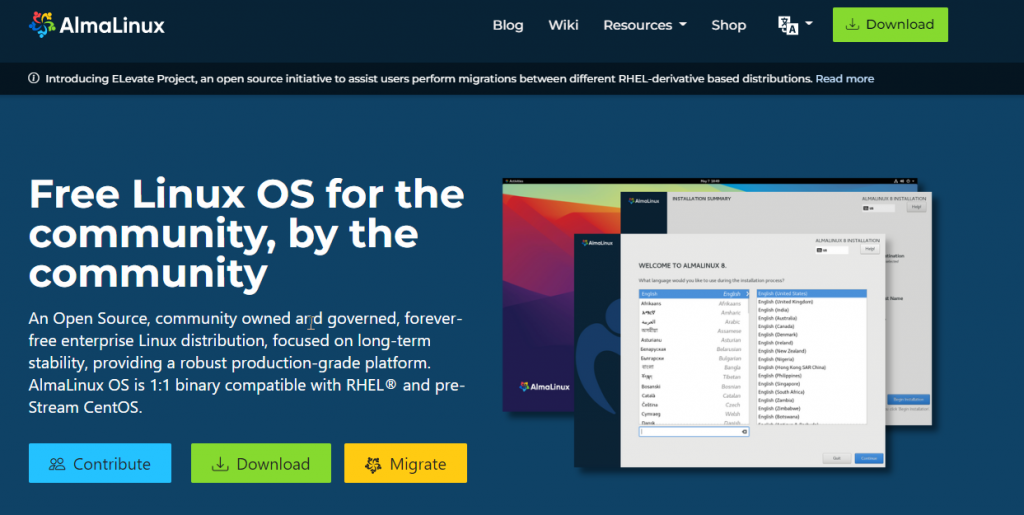
Rocky Linux:
Rocky Linux is a Linux distribution that is based on Red Hat Enterprise Linux (RHEL). It is designed to be a community-driven, free, and open-source alternative to RHEL, and is intended to provide a stable and reliable operating system for businesses and enterprises. Some of the features of Rocky Linux include:
- Compatibility with RHEL, with the ability to run the same software and applications
- A stable and reliable operating system that is well-suited for mission-critical environments
- Long-term support for each major release, with updates and security patches provided for up to 10 years
- A wide range of pre-installed software, including web servers, database servers, and development tools
- A large and active community of users and developers who contribute to the development of the operating system
Rocky Linux is a good choice for users who want a stable and reliable operating system that is based on RHEL and is compatible with a wide range of software and applications. It is particularly well-suited for businesses and enterprises that need a robust and dependable platform for their operations.
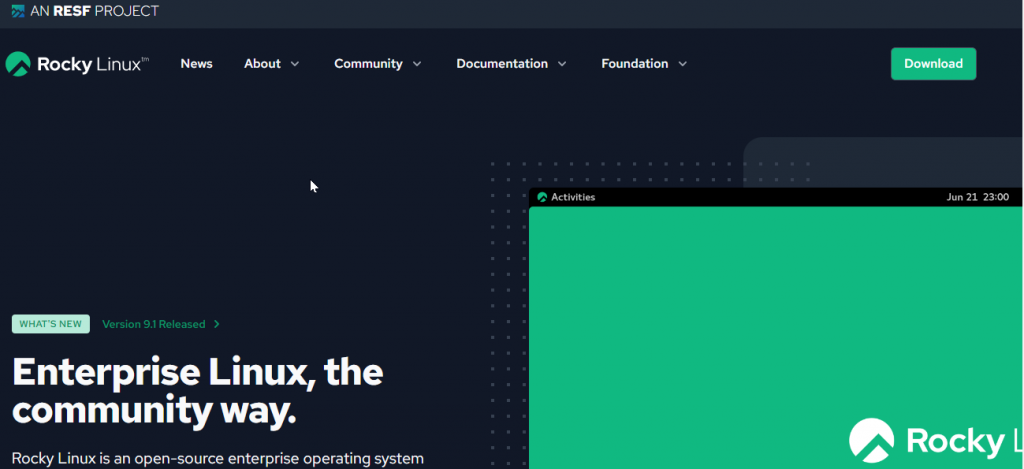
Conclusion:
Ultimately, the “best” Linux distro for you will depend on your needs and preferences. Some users may prefer a more user-friendly distro like Ubuntu or Linux Mint, while others may prefer a more customizable and power-user-oriented distro like Arch or Fedora. It’s a good idea to try out a few different distributions to find the one that works best for you.
Read about: Best collaboration tools for productive teams
